Rabbit Anti-NFKB1 Recombinant Antibody (VS3-CJ754)
CAT#: VS3-CJ754
This product is a rabbit antibody that recognizes human, mouse, and rat NFKB1.




Specifications
- Immunogen
- Recombinant protein
- Host Species
- Rabbit
- Type
- Rabbit IgG
- Specificity
- Human, Mouse, Rat NFKB1
- Species Reactivity
- Human, Mouse, Rat
- Applications
- WB, IHC
- Conjugate
- Unconjugated
Product Property
- Purification
- Protein A affinity purified
- Purity
- >95% as determined by SDS-PAGE
- Format
- Liquid
- Buffer
- 40% Glycerol, 1% BSA, TBS, pH7.4.
- Preservative
- 0.05% Sodium Azide
- Storage
- Store at 4°C for short term. Aliquot and store at -20°C for long term. Avoid repeated freeze/thaw cycles.
Applications
- Application Notes
- This antibody has been tested for use in Western Blot, Immunohistochemistry.
Target
- Alternative Names
- KBF1; EBP-1; NF-kB; CVID12; NF-kB1; NFKB-p50; NFkappaB; NF-kappaB; NFKB-p105; NF-kappa-B1; NF-kappabeta
- Gene ID
- 4790
- UniProt ID
- P19838
- Cellular Localization
- Cytoplasm, Nucleus
- Post Translation Modifications
- While translation occurs, the particular unfolded structure after the GRR repeat promotes the generation of p50 making it an acceptable substrate for the proteasome. This process is known as cotranslational processing. The processed form is active and the unprocessed form acts as an inhibitor (I kappa B-like), being able to form cytosolic complexes with NF-kappa B, trapping it in the cytoplasm. Complete folding of the region downstream of the GRR repeat precludes processing.
Phosphorylation at 'Ser-903' and 'Ser-907' primes p105 for proteolytic processing in response to TNF-alpha stimulation. Phosphorylation at 'Ser-927' and 'Ser-932' are required for BTRC/BTRCP-mediated proteolysis.
Polyubiquitination seems to allow p105 processing.
S-nitrosylation of Cys-61 affects DNA binding.
The covalent modification of cysteine by 15-deoxy-Delta12,14-prostaglandin-J2 is autocatalytic and reversible. It may occur as an alternative to other cysteine modifications, such as S-nitrosylation and S-palmitoylation.
- Protein Refseq
- NP_001158884.1; NP_001306155.1; NP_003989.2
- Function
- NF-kappa-B is a pleiotropic transcription factor present in almost all cell types and is the endpoint of a series of signal transduction events that are initiated by a vast array of stimuli related to many biological processes such as inflammation, immunity, differentiation, cell growth, tumorigenesis and apoptosis. NF-kappa-B is a homo- or heterodimeric complex formed by the Rel-like domain-containing proteins RELA/p65, RELB, NFKB1/p105, NFKB1/p50, REL and NFKB2/p52 and the heterodimeric p65-p50 complex appears to be most abundant one. The dimers bind at kappa-B sites in the DNA of their target genes and the individual dimers have distinct preferences for different kappa-B sites that they can bind with distinguishable affinity and specificity. Different dimer combinations act as transcriptional activators or repressors, respectively. NF-kappa-B is controlled by various mechanisms of post-translational modification and subcellular compartmentalization as well as by interactions with other cofactors or corepressors. NF-kappa-B complexes are held in the cytoplasm in an inactive state complexed with members of the NF-kappa-B inhibitor (I-kappa-B) family. In a conventional activation pathway, I-kappa-B is phosphorylated by I-kappa-B kinases (IKKs) in response to different activators, subsequently degraded thus liberating the active NF-kappa-B complex which translocates to the nucleus. NF-kappa-B heterodimeric p65-p50 and RelB-p50 complexes are transcriptional activators. The NF-kappa-B p50-p50 homodimer is a transcriptional repressor, but can act as a transcriptional activator when associated with BCL3. NFKB1 appears to have dual functions such as cytoplasmic retention of attached NF-kappa-B proteins by p105 and generation of p50 by a cotranslational processing. The proteasome-mediated process ensures the production of both p50 and p105 and preserves their independent function, although processing of NFKB1/p105 also appears to occur post-translationally. p50 binds to the kappa-B consensus sequence 5'-GGRNNYYCC-3', located in the enhancer region of genes involved in immune response and acute phase reactions. In a complex with MAP3K8, NFKB1/p105 represses MAP3K8-induced MAPK signaling; active MAP3K8 is released by proteasome-dependent degradation of NFKB1/p105.
Customer Review
There are currently no Customer reviews or questions for VS3-CJ754. Click the button above to contact us or submit your feedback about this product.
Submit Your Publication
Published with our product? Submit your paper and receive a 10% discount on your next order! Share your research to earn exclusive rewards.
Related Signaling Pathways
Related Diseases
Downloadable Resources
Download resources about recombinant antibody development and antibody engineering to boost your research.
Product Notes
This is a product of Creative Biolabs' Hi-Affi™ recombinant antibody portfolio, which has several benefits including:
• Increased sensitivity
• Confirmed specificity
• High repeatability
• Excellent batch-to-batch consistency
• Sustainable supply
• Animal-free production
See more details about Hi-Affi™ recombinant antibody benefits.
Datasheet
MSDS
COA
Certificate of Analysis LookupTo download a Certificate of Analysis, please enter a lot number in the search box below. Note: Certificate of Analysis not available for kit components.
Protocol & Troubleshooting
We have outlined the assay protocols, covering reagents, solutions, procedures, and troubleshooting tips for common issues in order to better assist clients in conducting experiments with our products. View the full list of Protocol & Troubleshooting.
Isotype Control
- CAT
- Product Name
Secondary Antibody
- CAT
- Product Name
See other products for "NFKB1"
Select a product category from the dropdown menu below to view related products.
| CAT | Product Name | Application | Type |
|---|---|---|---|
| MOB-1566z | Mouse Anti-NFKB1 Recombinant Antibody (clone 31H12) | WB, IF, IHC | Mouse IgG1 |
| MOB-1711MZ | Recombinant Mouse Anti-Human NFKB1 Antibody | IHC-P, WB | Mouse antibody |
| MRO-1091-CN | Recombinant Rabbit Anti-NFKB1 Monoclonal Antibody (CBACN-400) | WB, IHC | Rabbit IgG |
| MRO-2071-CN | Rabbit Anti-NFKB1 Polyclonal Antibody (MRO-2071-CN) | WB, IF, IHC, FC | Rabbit IgG |
| ZG-0312C | Mouse Anti-NFKB1 Recombinant Antibody (ZG-0312C) | WB | Mouse IgG |
| CAT | Product Name | Application | Type |
|---|---|---|---|
| BRD-0391MZ | Chicken Anti-NFKB1 Polyclonal IgY | WB | Chicken antibody |
| CAT | Product Name | Application | Type |
|---|---|---|---|
| MOR-2433 | Hi-Affi™ Recombinant Rabbit Anti-NFKB1 Monoclonal Antibody (DS2433AB) | WB, IHC-P, ICC, FC | IgG |
| MOR-4511 | Hi-Affi™ Recombinant Rabbit Anti-NFKB1 Monoclonal Antibody (TH19DS) | WB, FC | IgG |
| MOR-0096-FY | Rabbit Anti-NFKB1 Recombinant Antibody (clone AFY0067) | ICC, IHC-P, WB | Rabbit IgG |
| CAT | Product Name | Application | Type |
|---|---|---|---|
| MRO-1090-CN | Recombinant Mouse Anti-NFKB1 Monoclonal Antibody (A2-7) | WB, IF, IHC | Mouse IgM |
| CAT | Product Name | Application | Type |
|---|---|---|---|
| VS-0525-XY4817 | Anti-NFKB1 Immunohistochemistry Kit | IHC |
Popular Products

Application: FC, IP, ELISA, Neut, FuncS, IF, IHC

Application: WB, ELISA, IP, FC, FuncS, Neut, IF

Application: IF, IP, Neut, FuncS, ELISA, FC, ICC

Application: IP, IF, FuncS, FC, Neut, ELISA, ICC

Application: IP, IF, FuncS, FC, Neut, ELISA, IHC
-2.jpg)
Application: IB, ELISA, FC, FuncS

Application: WB, ELISA, IF, FuncS, Apop, BA

Application: ELISA, IHC, FC, IP, IF, FuncS

Application: ELISA, FC, Inhib

Application: ELISA, Cyt, PP, Inhib
-3.jpg)
Application: IB, FC, ELISA, FuncS
For research use only. Not intended for any clinical use. No products from Creative Biolabs may be resold, modified for resale or used to manufacture commercial products without prior written approval from Creative Biolabs.
This site is protected by reCAPTCHA and the Google Privacy Policy and Terms of Service apply.







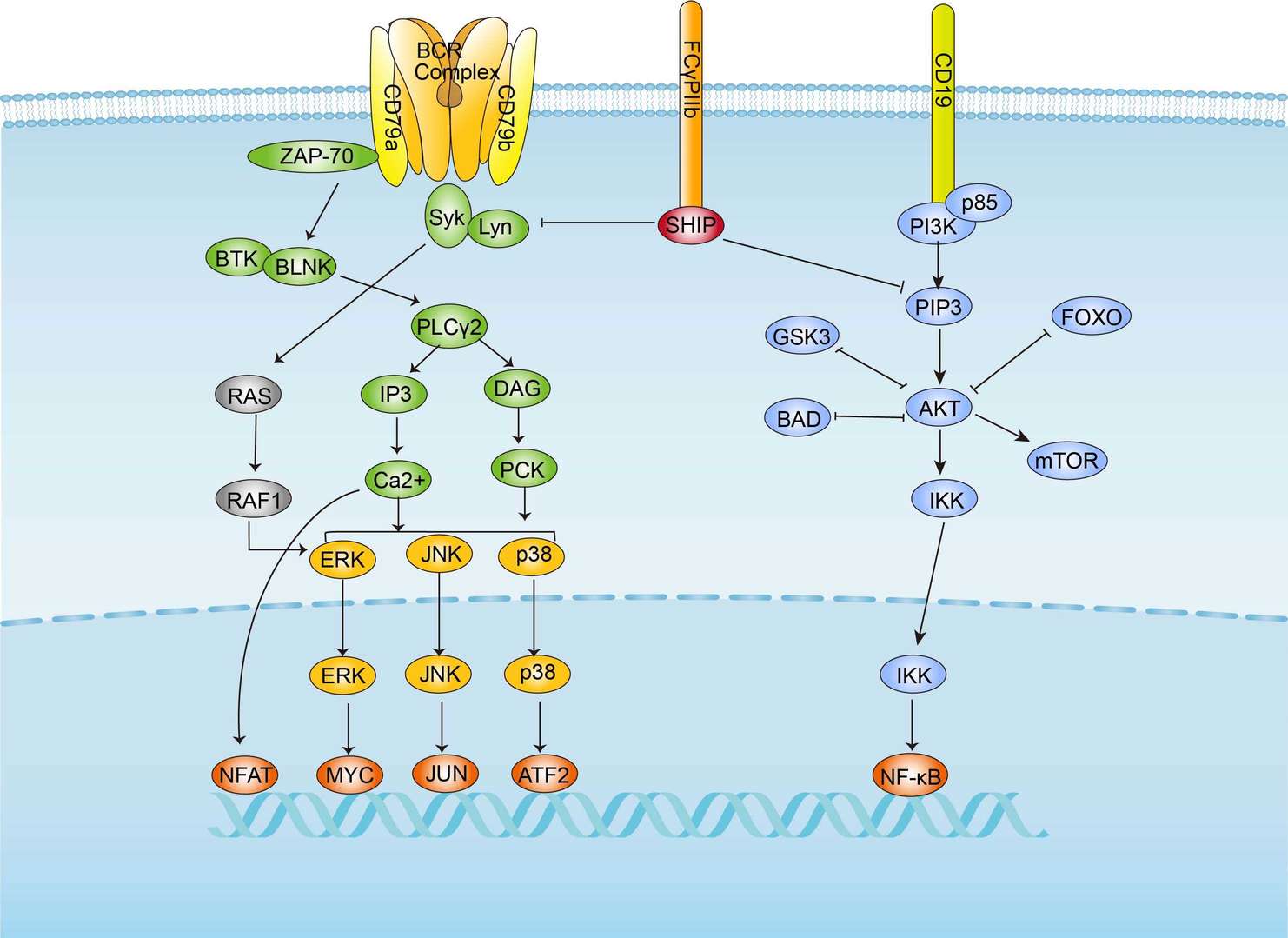 BCR Signaling Pathway
BCR Signaling Pathway
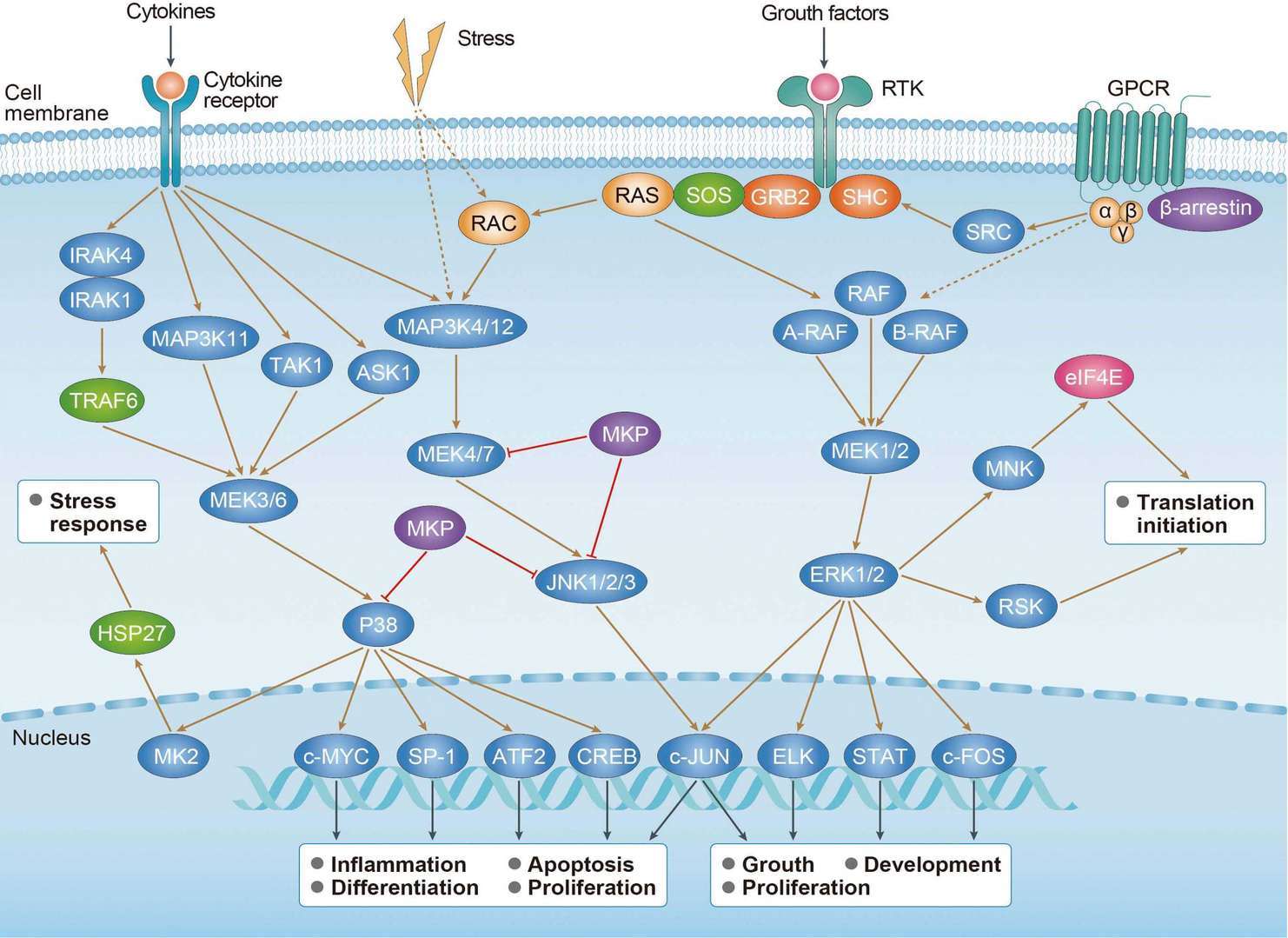 cAMP Signaling Pathway
cAMP Signaling Pathway
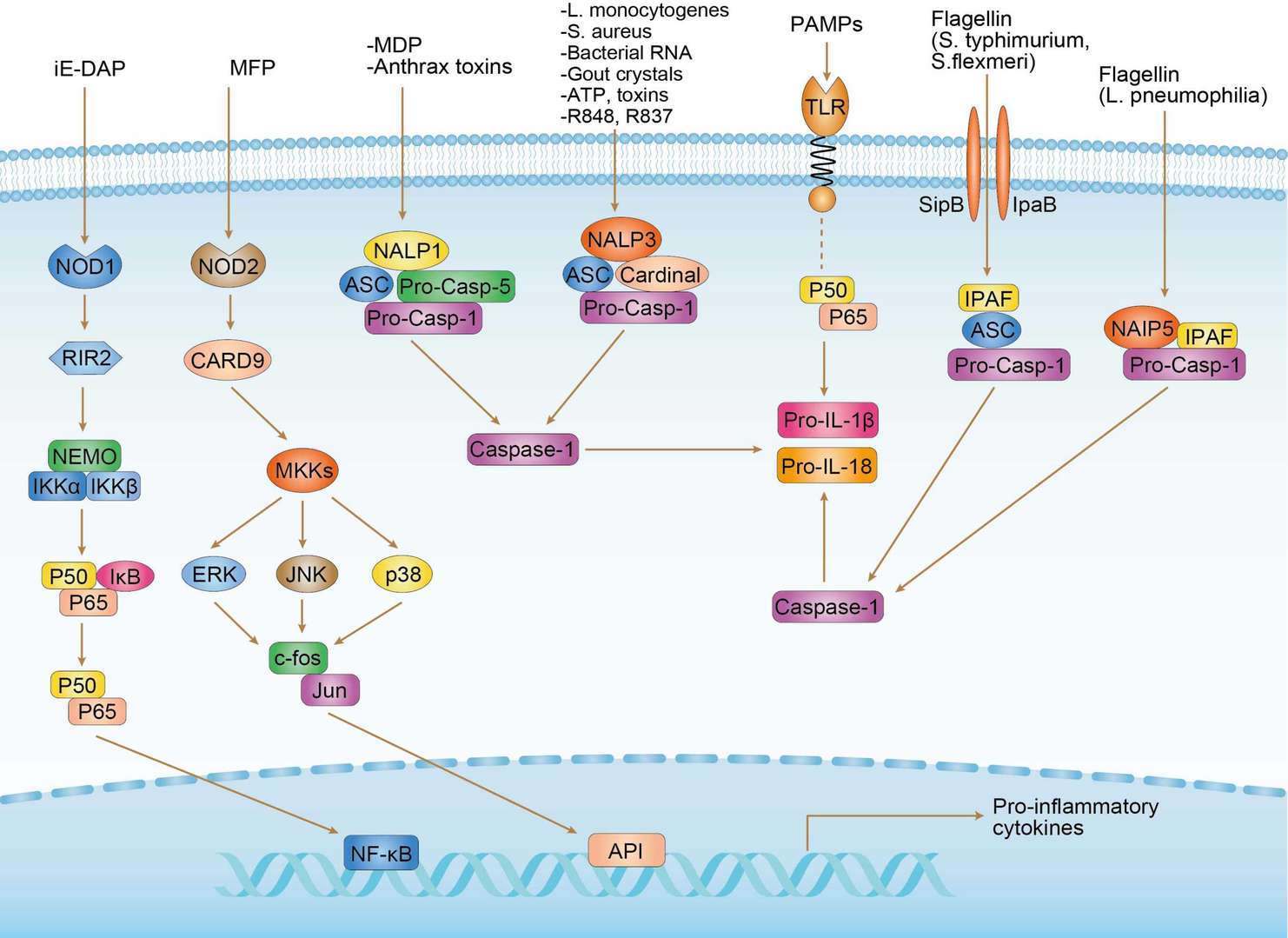 NLR Signaling Pathway
NLR Signaling Pathway
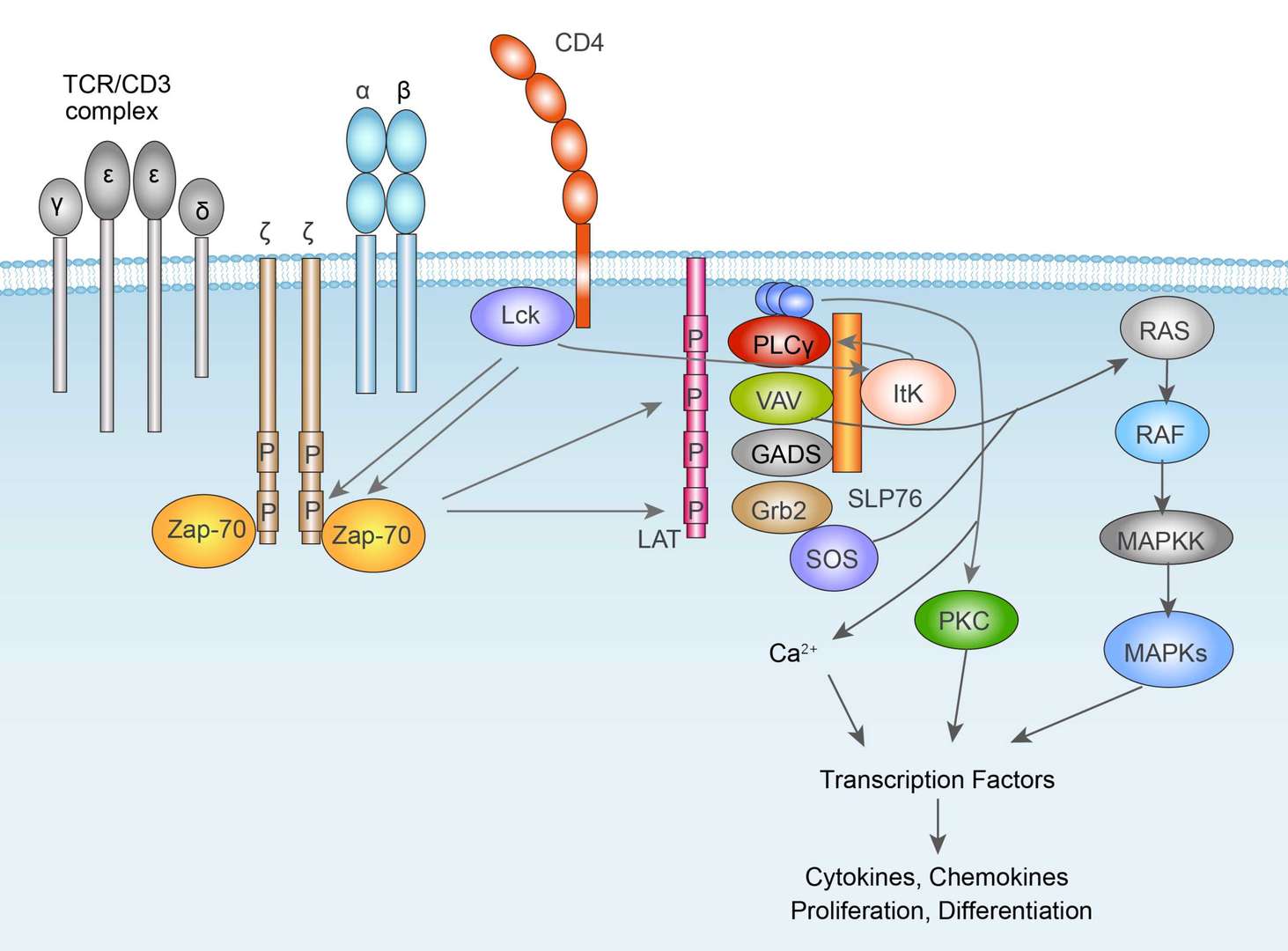 TCR Signaling Pathway
TCR Signaling Pathway
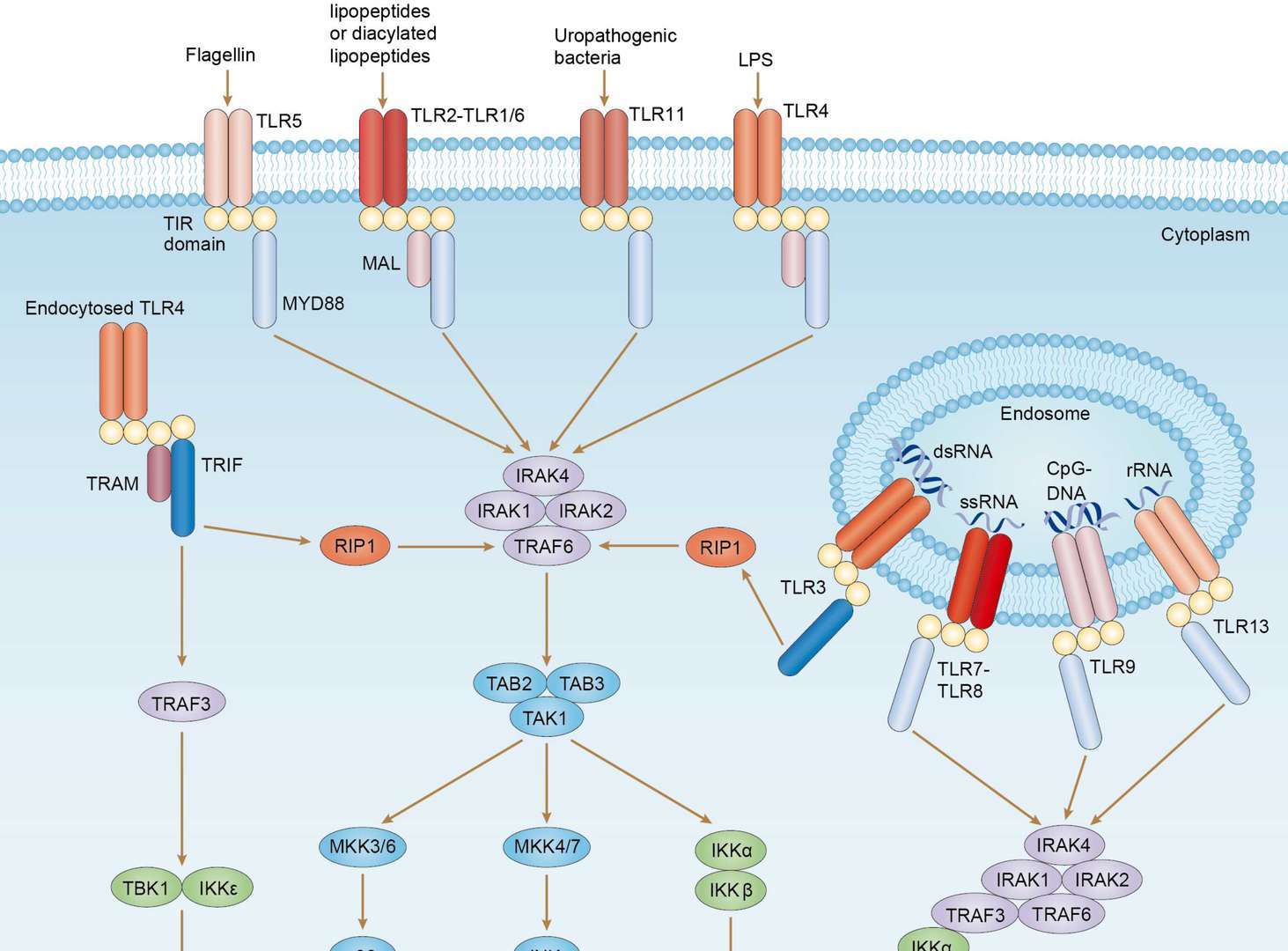 TLR Signaling Pathway
TLR Signaling Pathway
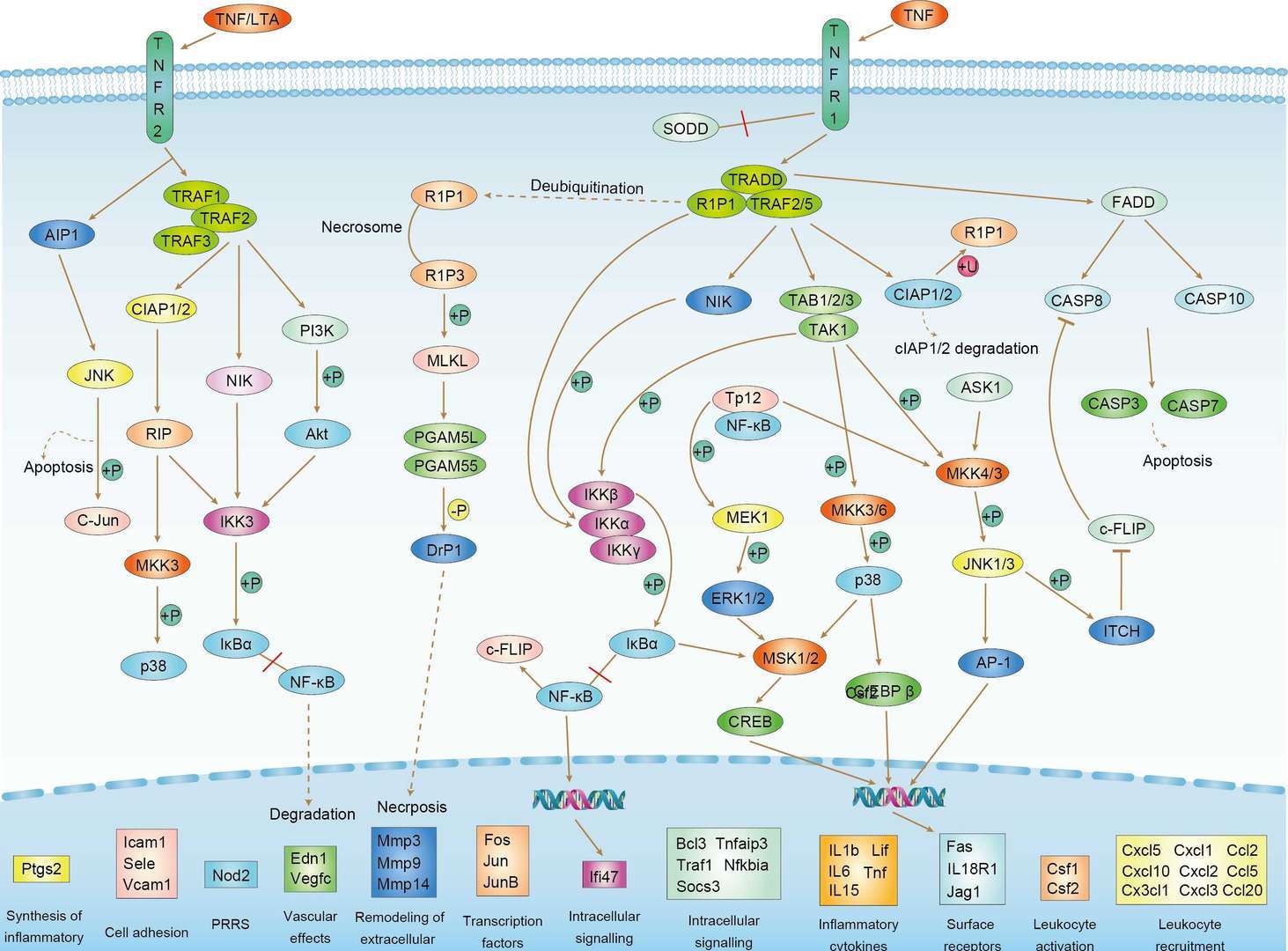 TNF Signaling Pathway
TNF Signaling Pathway
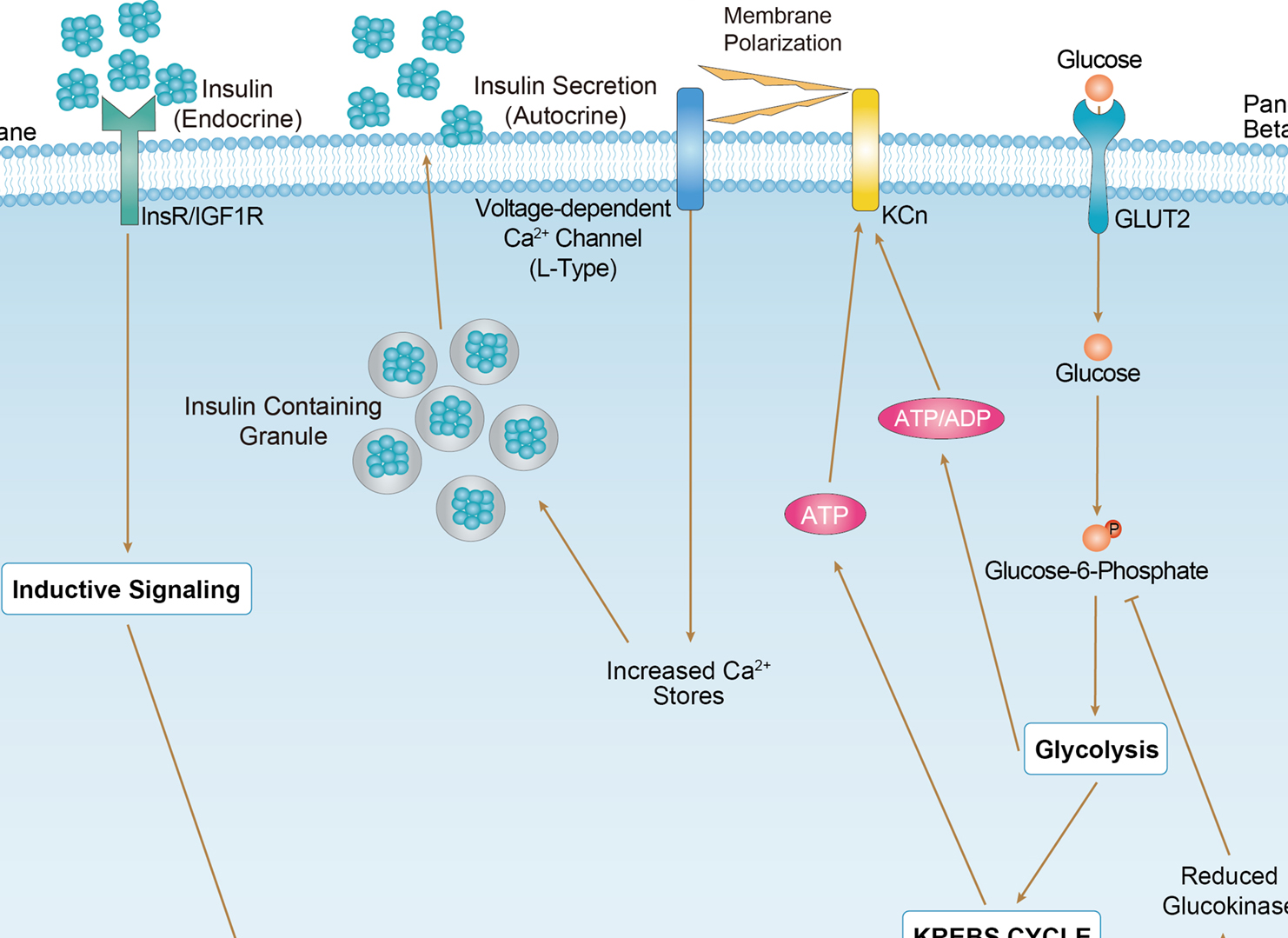 Maturity Onset Diabetes of the Young
Maturity Onset Diabetes of the Young











